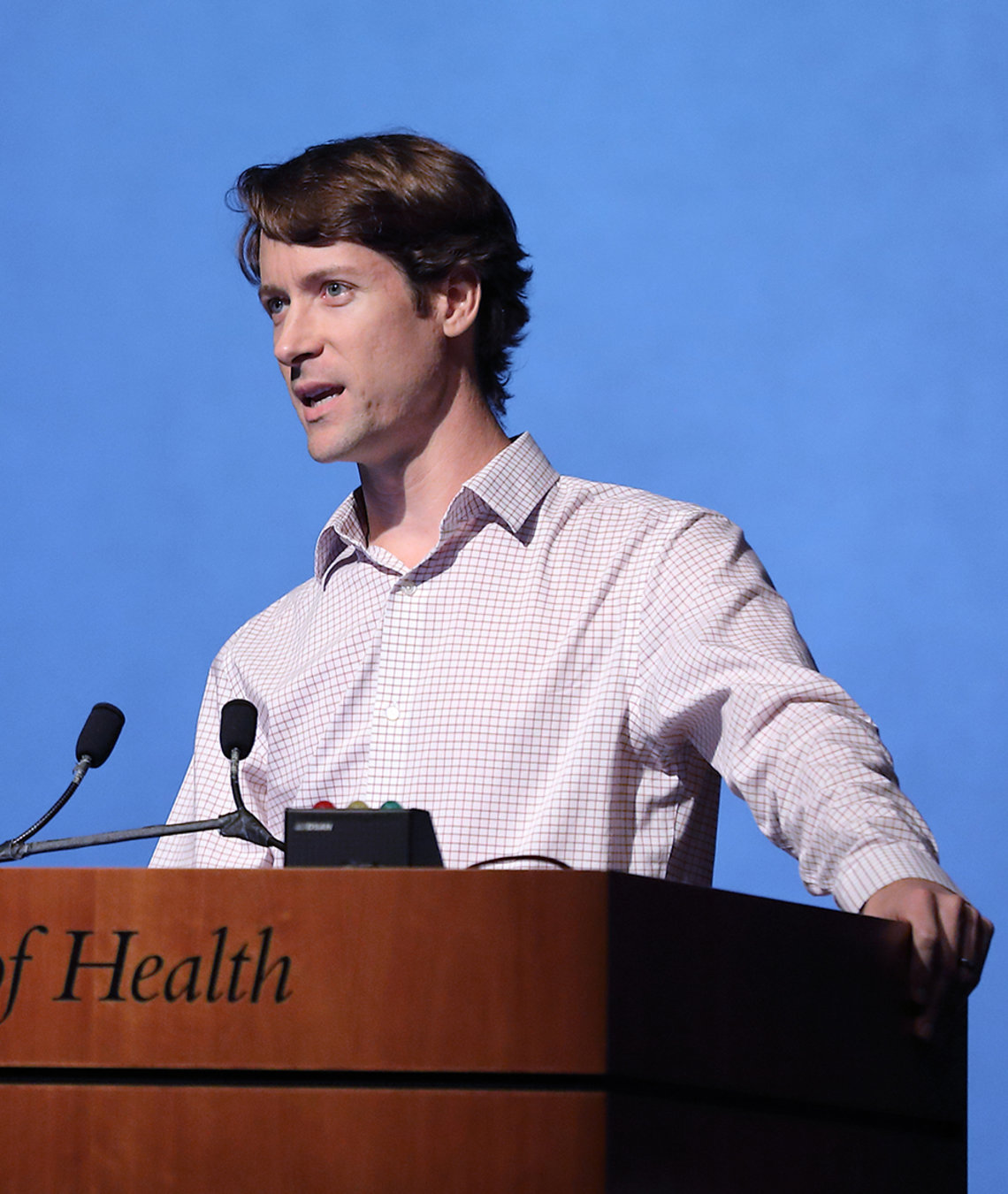Dr. Adam Phillippy is top of the Genome Informatics Section and a senior specialist in the Computational and Statistical Genomics Branch at NHGRI. He is a bioinformatician who spans the fields of software engineering and genomics, and his lab has fostered various generally involved instruments for the issues of genome gathering, arrangement, grouping, legal sciences, and metagenomics.
What is Adam Phillipy’s contribution to the field of software engineering and genomics?

From the get-go in his vocation, Dr. Phillippy fostered a portion of the primary succession arrangement and variation calling strategies ready to look at entire genomes. These techniques were indispensable to the FBI’s examination of the 2001 Bacillus anthrac is assaults and showed the capability of entire genome sequencing for episode following and criminology.
In the wake of finishing his Ph.D., he spearheaded the utilization of single-particle sequencing for the get together of complete genomes and min-hashing for the examination of huge genomic datasets. He joined NHGRI in 2015 and helped to establish the Telomere-to-Telomere (T2T) consortium determined to complete the human reference genome. Under his initiative, the consortium effectively finished this task 2021, uncovering roughly 200 million bases of recently planned human genomic arrangement.
Where did Adam Phillippy receive his education from?

Dr. Phillippy got a B.S. in software engineering from Loyola University Maryland in 2002, where he was prompted by Dr. Arthur Delcher. He originally functioned as a bioinformatics engineer at The Institute for Genomic Research (TIGR) with Dr. Mihai Pop, and later got a Ph.D. in software engineering from the University of Maryland in 2010 with Dr. Steven Salzberg. After graduate school he drove a bioinformatics bunch at the National Bioforensics Analysis Centre prior to joining NHGRI in 2015. In 2019, he was granted residency by the NIH and got the U.S. Official Early Career Award for Scientists and Engineers.
